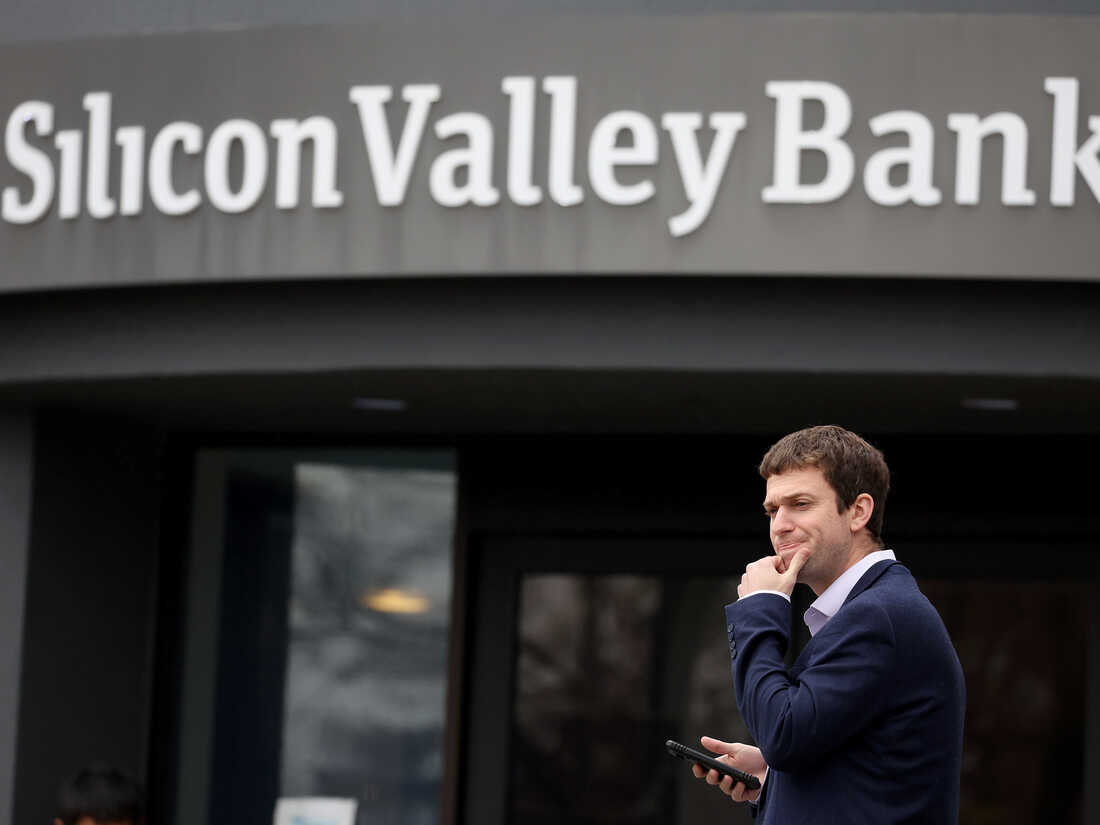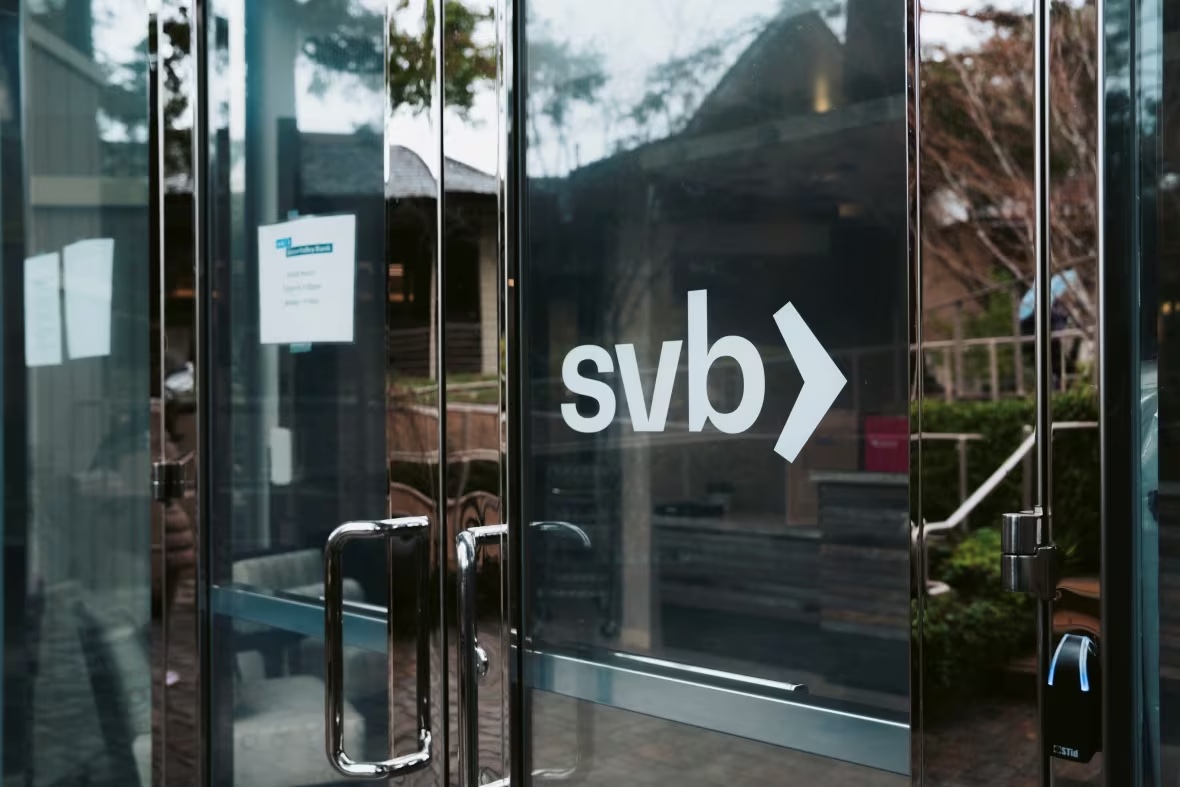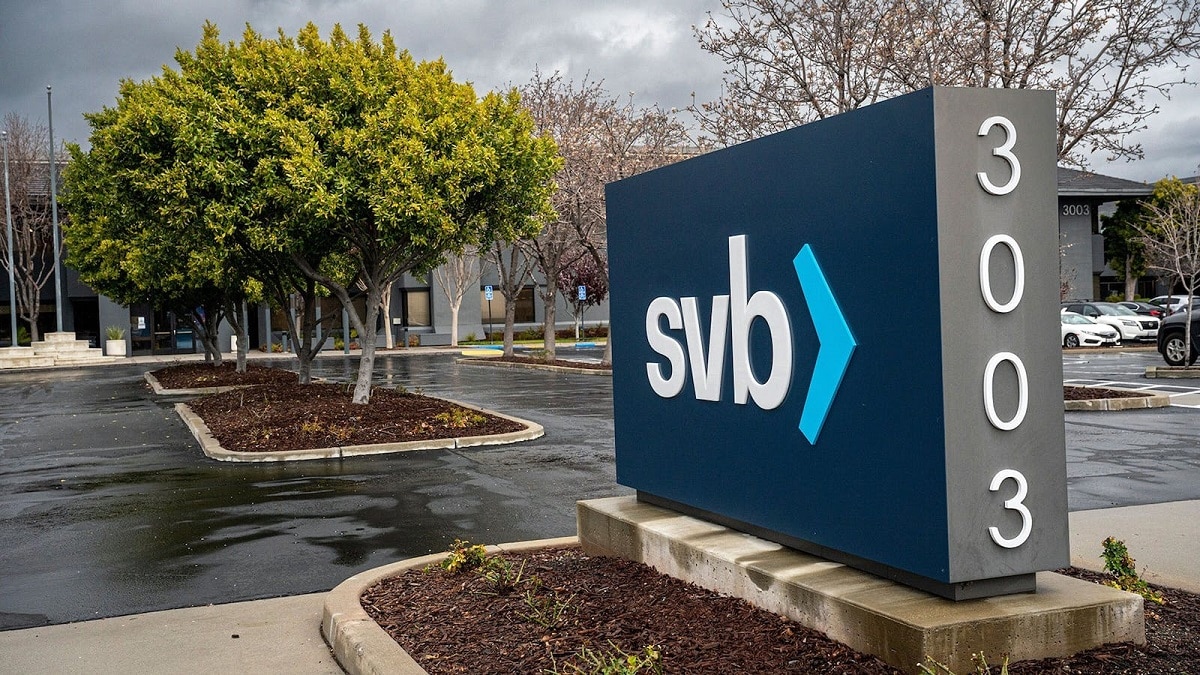On Sunday, the Federal Reserve, Treasury Department, and Federal Deposit Insurance Corp. made an announcement stating that all depositors at Silicon Valley Bank, which had failed, would have access to their money, in an effort to avoid a financial crisis. The Treasury Department stated that after receiving a recommendation from the boards of the FDIC and Federal Reserve, and consulting with the President, Secretary Yellen approved actions that would enable the FDIC to complete its resolution of Silicon Valley Bank, Santa Clara, California, in a way that fully protects all depositors. Depositors were expected to have access to all their money from Monday, March 13. No losses related to the resolution of Silicon Valley Bank would be borne by taxpayers. However, shareholders and certain unsecured debtholders would not be protected, and senior management had also been removed, according to the Treasury Department. Any losses to the Deposit Insurance Fund to support uninsured depositors would be recovered by a special assessment on banks, as required by law.
Additionally, regulators announced that Signature Bank in New York had failed and was being seized on Sunday, making it the third-largest bank failure in U.S. history, with over $110 billion in assets, according to the Associated Press. The Federal Reserve Board also announced that it would provide additional funding to eligible depository institutions to help them meet the needs of all their depositors, in order to ensure the capacity of the banking system to safeguard deposits and provide money and credit to the economy. Venture capital investors expressed relief via social media following the news, with General Catalyst CEO Hemant Taneja tweeting his appreciation for the protection of deposits and industry collaboration to catalyze this outcome, while also expressing the need to ensure the continuity of the critical services provided by Silicon Valley Bank for tech/vc.

A customer stands outside of the shuttered headquarters of Silicon Valley Bank on Friday in Santa Clara, Calif. The bank was shut down by regulators on Friday. (Justin Sullivan/Getty Images)
On Friday, the FDIC announced that it would be taking over Silicon Valley Bank (SVB), which is being called one of the largest bank failures since the 2008 global financial crisis. SVB was a major investor in health tech, digital health, and biotech companies, and according to its website, it banks nearly half of all U.S. venture-backed startups, as well as 44% of the U.S. venture-backed technology and healthcare companies that went public in 2022. SVB holds $342 billion in client funds and $74 billion in total loans, making it the 16th largest bank in the U.S. Silicon Valley Bank is also a bank for over 2,500 venture capital firms, including Bain Capital, Insight Partners, and Lightspeed. The shutdown has caused concern for startups that banked with SVB, as they are unsure when deposits and financing will be returned, raising questions about their ability to make payroll in the coming week. Attorneys at Foley Hoag, a law firm that specializes in healthcare, digital health, and life sciences, advise companies to seek short-term or bridge funding to meet existing obligations, as SVB will be unable to fund its commitments to extend future credit or to perform its counterparty obligations under swaps and other hedging instruments in the short term. The Rock Health founder and capital partner, Bill Evans, has stated that VC firms, including Rock Health, are “standing ready” to help their portfolio companies with financing to get through what might be a liquidity crunch as a result of what happened to SVB.

